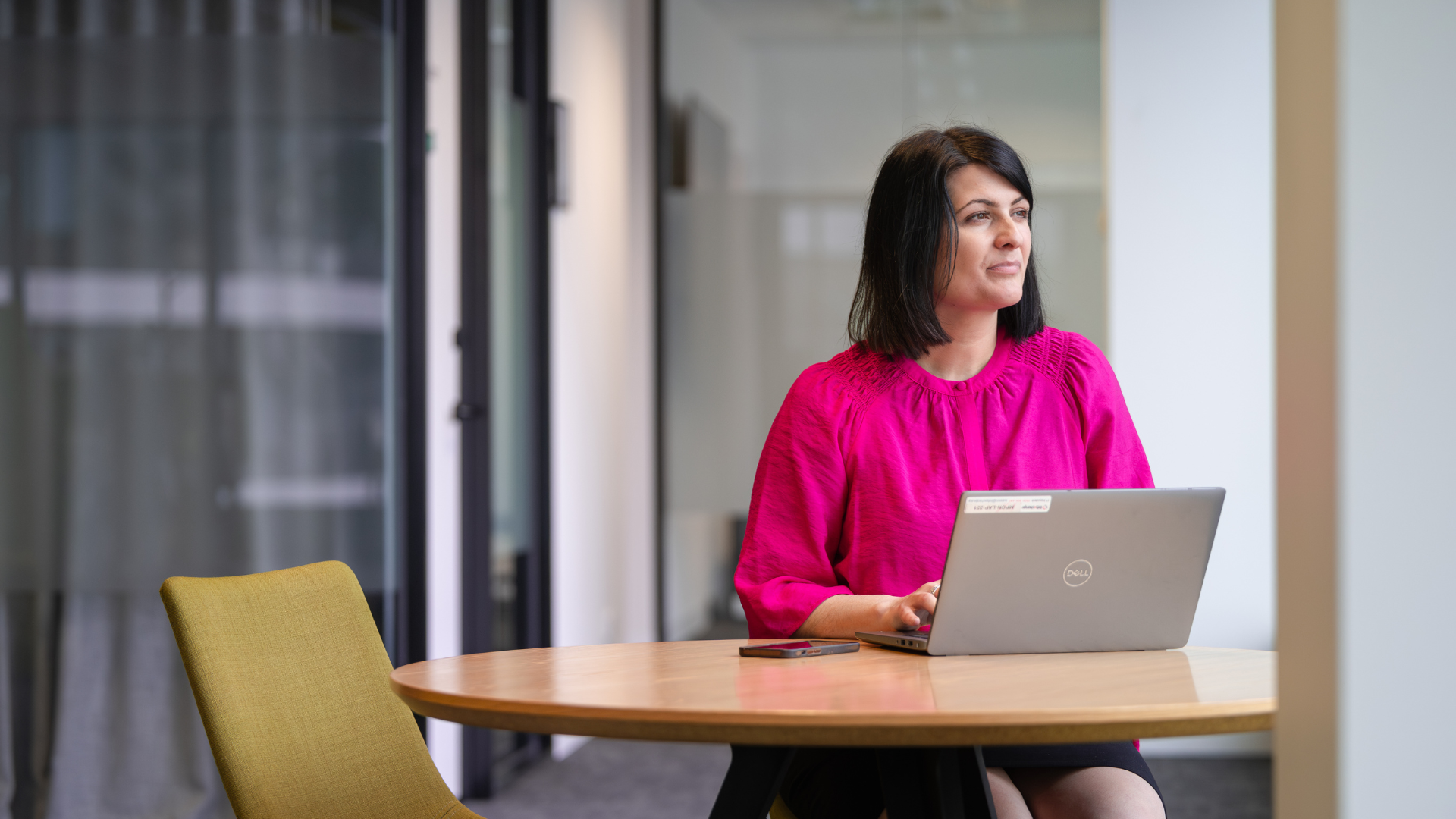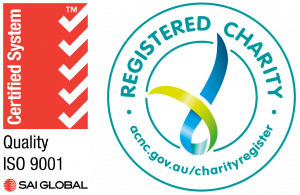
Answering the call: NWMPHN finds the space to speak out
Pictured: Vanja Simic is NWMPHN's Manager of Quality and Risk. (Image supplied.)
NWMPHN is a registered charity, and receives funding from the Commonwealth and Victorian governments. Beyond a comparatively small amount needed for operating expenses, these funds are used to provide physical and mental health care for the almost two million people who live in Melbourne’s CBD, western and northern suburbs.
We recognise that we have moral, ethical and legal obligations to ensure that our operations are conducted in ways that are responsible, accountable and transparent. After all, we are dealing ultimately with taxpayer money.
By inclination, therefore, as well as by law, NWMPHN adheres to a raft of internal and external oversight measures.
These include Board supervision, audits conducted by the International Organisation for Standardisation, investigations to ensure we are excluding modern slavery from our supply chains, academic evaluations of the programs we codesign, union insight into staff negotiations and, of course, the full gamut of accounting and taxation standards.
“Good governance is at the heart of everything we do,” says Craig Walker, NWMPHN’s executive director of systems.
“We have ethical and legal obligations to ensure that our processes are robust. We are handling public funds, so we must ensure that every cent is invested in ways that have the most impact.”
... NWMPHN is not afraid to make a stand.
You might think, therefore, that because we are bound by so many rigid constraints our ability to express opinions about social issues would be limited.
However, you would be mistaken. NWMPHN is an independent organisation, and as such is not afraid to speak up in support of at-risk communities.
We acknowledge – and our research clearly shows – that enabling equitable health care is a process that of necessity must acknowledge that social, economic and cultural barriers play big roles in determining the health outcomes for individuals and groups.
That is why, for example, we consistently speak up in support of LGBTIQ+ and culturally diverse communities, and why we are happy to amplify the voices of other organisations that do the same.
During 2023-24, NWMPHN made public its strong support for the success of the Voice referendum. When the vote failed, we respected the call from First Nations communities for a week of silent reflection, and then reiterated our support for the recognition of Aboriginal and Torres Strait Islander people.
“It isn’t over,” we said publicly. “We will not walk away.”
And we haven’t.
Whether the subject is First Nations justice, stigma experienced by people experiencing mental ill health, or inadequate recompense provided to general practice, NWMPHN is not afraid to take a stand.
In October 2024, NWMPHN brought together more than 50 experts from across our catchment to help inform our next health needs assessment, to be published in early 2025. The answers they gave will help prioritise our commissioning and advocacy strategies for the next three years.
We think that advocacy is a necessary and legitimate part of our role as health service commissioners and health care champions. We are proud of our voice, and intend to keep using it.

2023-24 in focus

